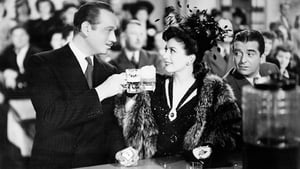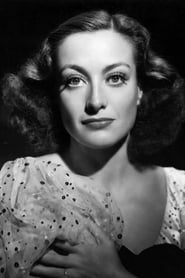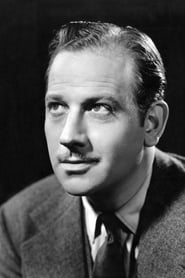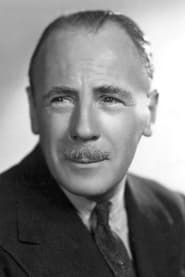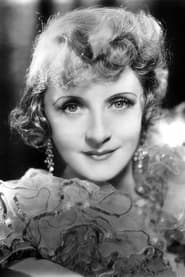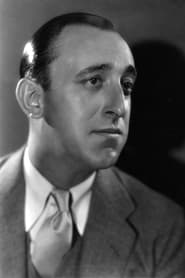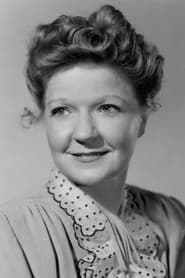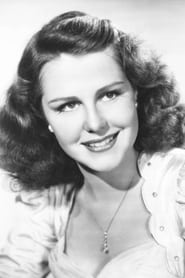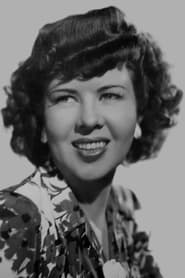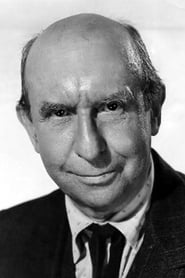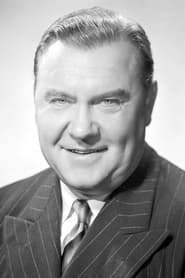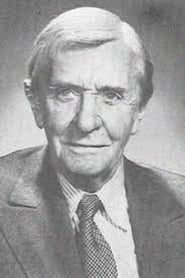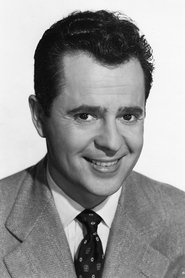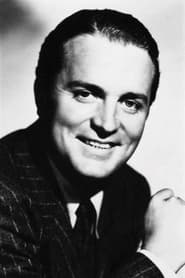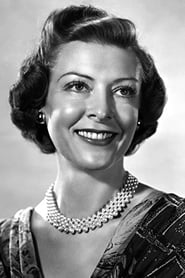Cast
View AllJoan Crawford
as Margaret Johanna 'M.J.' Drew
Melvyn Douglas
as Michael 'Mike' Holmes
Roland Young
as Marsh
Billie Burke
as Mrs. Drew
Allen Jenkins
as Johnny Johnson
Nydia Westman
as Lewis, M.J.'s Secretary
Helen Parrish
as Vivian Drew
Mary Treen
as Susie Johnson
Andrew Tombes
as Crane
Emory Parnell
as Mahoney
Ivan F. Simpson
as Dr. Cassell
Larry Parks
as Joe Krim
Roger Clark
as Stephen Pettingill
Ann Doran
as Helena, the Maid
Frank Dawson
as Nolan, the Butler
Crew
Director
- Alexander Hall
Reviews
CinemaSerf
Joan Crawford is "MJ", the boss of a trucking company who rules the place with a rod of iron. Enter the wily writer "Holmes" (Melvyn Douglas) whom she knows has written a rather unflattering book about how her late father made his fortune. She contrives to have him arrested, wrongfully, then spends the next half hour trying - with the aide of her lawyer Roland Young ("Marsh") to get him to sign a release - a document he steadfastly refuses to sign. What now ensues is a gently comedic cat and mouse game as he sets about wooing this headstrong woman, despite her obvious hostility. If I'm honest, I found Douglas' character really quite annoying, smug almost - the strong-willed Crawford seems to fall for his scheming all too easily, and predictably - and although it is quite en enjoyable flimsy to watch, it just didn't quite work for me. Young tries quite hard as her long-suffering adviser, and there are a couple of stereotypical, mildly amusing, contributions from Billie Burke and Nydia Westman - who much preferred knitting to working. It's good to see the star trying to play a different style of role from her usual 1940s power-dressing type and she does it well enough, though without too much sparkle. This is amiable enough to watch, it just isn't anything special.
Jun 26, 2022
Thematic Analysis
They All Kissed the Bride represents a fascinating example of Comedy/Romance cinema, offering viewers a unique perspective on the human experience and societal structures. The film's approach to its themes demonstrates a creative vision that distinguishes it within its genre.
Director Alexander Hall brings their distinctive visual style to this film, continuing their exploration of themes seen in their previous works while adding new elements. Their approach to pacing and visual storytelling creates a viewing experience that rewards close attention.
Released in 1942, the film exists within a cultural context that now offers viewers historical perspective on the social issues of that era. Its reception demonstrates the diverse reactions to its artistic choices and its place in cinema history.
Did You Know?
- The production of They All Kissed the Bride took approximately 34 months from pre-production to final cut.
- The final cut of the film runs for 85 minutes, though the director's initial assembly was reportedly 127 minutes long.
- Several scenes were filmed in multiple locations to capture the perfect setting.
- The costume department created over 369 unique costume pieces for the production.
- The cast underwent specialized training for 6 weeks before filming began.
Historical Context
- In 1942, when this film was released:
- The civil rights movement was gaining momentum in the United States.
- Rock and roll music was revolutionizing popular culture.
- The film industry was dominated by major studios, with independent cinema still in its early development.
How This Film Stands Out
While They All Kissed the Bride shares thematic elements with other films in its genre, it distinguishes itself through its unique approach to storytelling, visual style, and character development.
Unlike Resort to Love, which focuses more on action than character development, They All Kissed the Bride subverts genre expectations by exploring its themes with greater nuance.
While films like Samba in Mettmann and Serendipity explore similar territory, They All Kissed the Bride stands apart through its deeper exploration of its central themes and more complex characterization.
This film's unique contribution to cinema lies in its bold artistic choices and willingness to challenge viewer expectations, making it a valuable addition to its genre.
Details
- Release Date: June 11, 1942
- Runtime: 1h 25m
